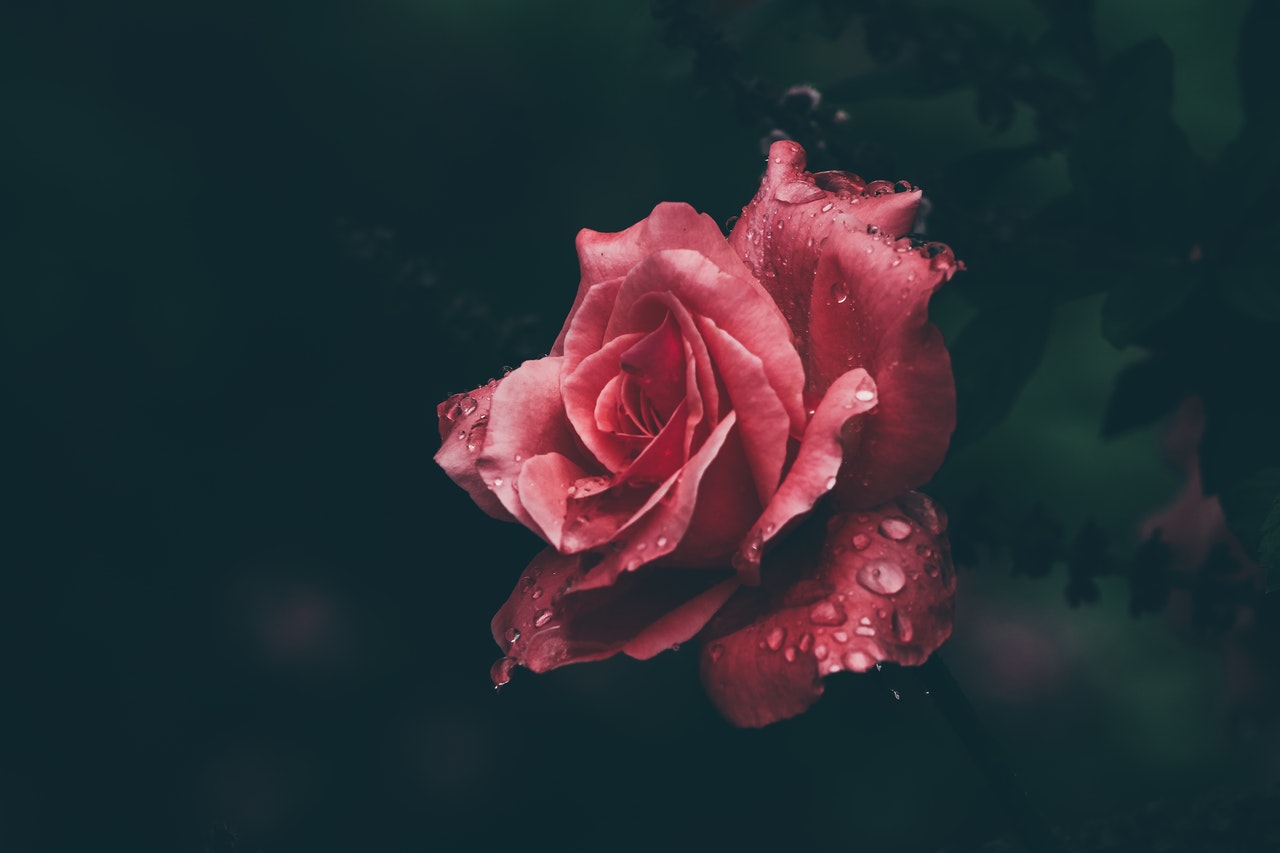The hype: In a world where people think reducing food waste just means not taking from the buffet line more than what you can finish, a few young F&B entrepreneurs are actually doing something meaningful in the culinary world. At Kausmo, produce usually discarded in the supply chain become tasteful, hearty cuisine full of character.
The vibe: Resembling someone’s home more than a restaurant, the minimalist space is akin to a private dining kitchen. It only seats 16—all at a communal table—and guests can overtly see chef and co-founder Lisa Tang at work. As you eat, restaurant manager and co-founder Kuah Chew Shian will take you through the story of their establishment and food. They’re a fun and chatty duo, and makes the dining experience at Kausmo filled with levity.
The food: Tang’s chops gained at the likes of Pollen, Jaan and Les Amis shows with her modern European techniques, though it’s her Asian heritage and influences that you’ll remember fondly.
But first, here’s how it works. The food is served in a six-course ($75) format only, and includes two appetisers, a main, a post-main, a pre-dessert and a dessert. You choose one of two dinner seatings a day (6.30pm or 8.30pm) and you kind of leave it in the chef’s good hands to decide what goes onto your plate. The items change, depending on what’s available. You can try calling ahead to find out.
Whatever is served, Tang’s menu is always a showcase of lesser-loved ingredients. Hers is a labour of love turning oddly-shaped Brussels sprouts, much-too-small kampung chicken (both usually unwanted at the supplier’s level) and often discarded parts of food (like apricot seeds and pomelo pith) into appetising creations.
And therein lies the missive of Kausmo. These unwanted items in the food logistics chain are perfectly fine for consumption. They’re intercepting food wastage that has gone unseen by using unshapely vegetables, secondary beef cuts, and flowers and greens that might have otherwise gone to waste for garnish and flavour.
It’s also nice that Tang shows off her culinary roots as much as she can. In her post-main course, which at the time we dined was a wild fish congee dish, is a showcase of her Teochew heritage. The idea of a post-main itself is also derived from Asian cultures needing a rice or carb dish to fill us up at the end—similar to the kind you get when finishing omakase meals or wedding banquets.
The cuisine may lack a certain finesse compared to other high-end fine dining restaurants, but it’s more than made up for in personality and thoughtfulness. And Kausmo, though it looks elevated, isn’t your traditional course menu establishment to begin with. Dine with an open mind and more importantly, open heart. You’ll find lots to love.
The drinks: There’s a tiny wine list, all biodynamic and some organic. Each glass ranges from $14-15 while each bottle ranges from $70-75. But that’s not what you should be here for.
Try their homemade kombuchas instead ($9/glass). We highly recommend going for the kombucha tasting flight ($20), where you get to try three different ones through the course of your meal—kinda like a pairing. The kombucha available changes depending on what’s fermenting. And if you’re lucky, you get to buy home a bottle of it for $20; if they have stock.
Why you’ll be back: Each plate served is a celebration of imperfection. Each blemish on an ingredient is just the natural state of a produce, deserving of a chef’s careful attention too. We’d like to think that’s also metaphoric in relation to our daily lives, making a meal at Kausmo that much more meaningful.





